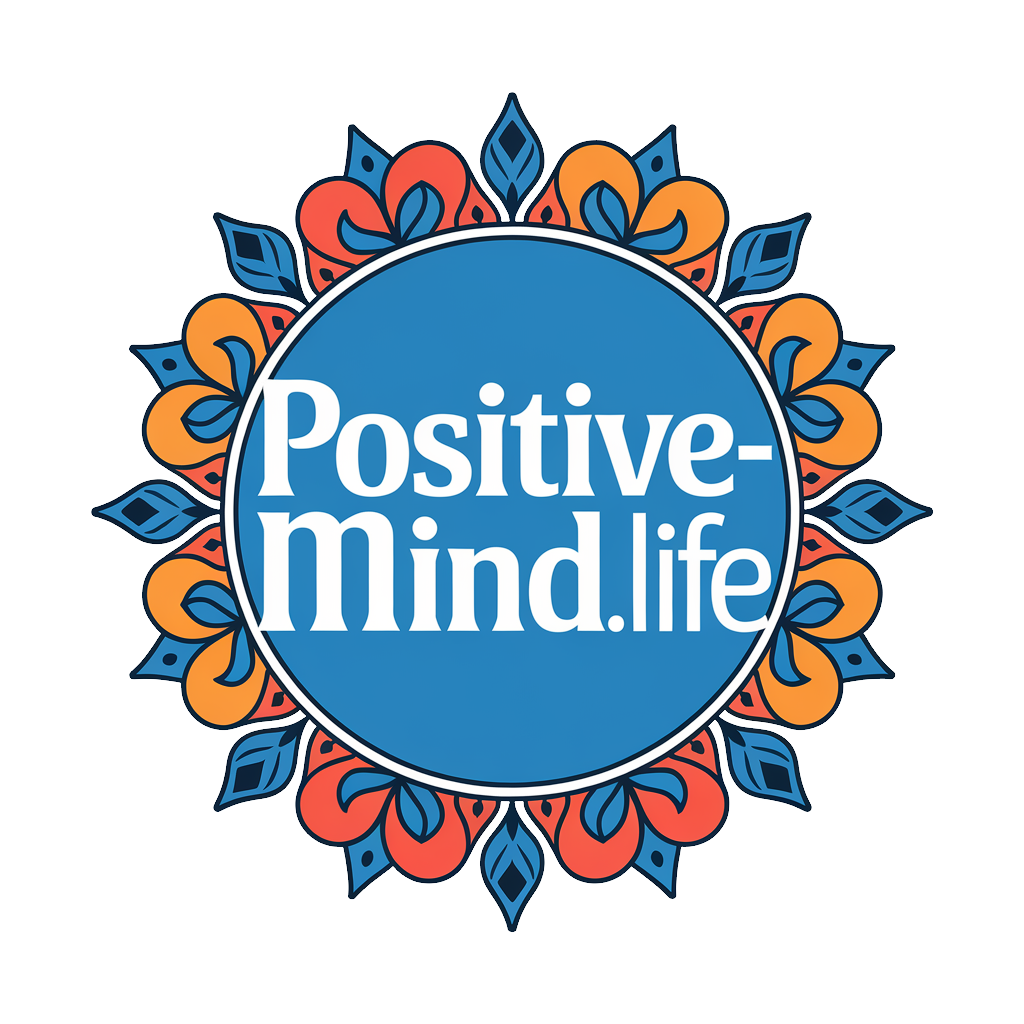Work-Life Balance- How to Finally Get It Right
To finally get work-life balance right, you need to take a proactive approach tailored to your personal goals and values. Start by setting clear boundaries—define your work hours and communicate them to others. Prioritize your tasks, block time for each one, and don’t be afraid to say no to requests that don’t align with your priorities. Embrace flexibility by adapting your schedule to accommodate personal needs, and practice self-care techniques like mindfulness and exercise to keep stress at bay. Taking these steps can significantly enhance your satisfaction and well-being, so let’s explore a few more strategies to refine your approach.
Understanding Work-Life Balance
Achieving work-life balance requires a proactive approach to managing your time and priorities. It’s about finding that sweet spot where your personal life and professional responsibilities coexist harmoniously. You might often feel overwhelmed by your workload or personal commitments, but understanding the essence of work-life balance can empower you to make meaningful changes.
First, recognize that balance looks different for everyone. What works for your colleague might not suit your lifestyle or goals. Reflect on your values and what truly matters to you—whether it’s spending time with family, pursuing hobbies, or advancing your career.
Next, evaluate how you currently allocate your time. Are you dedicating too many hours to work at the expense of your well-being? Identifying these patterns can help you make informed adjustments.
Finally, prioritize self-care. Engaging in activities that recharge you, like exercise, reading, or socializing, can significantly enhance your overall satisfaction. By understanding work-life balance as a dynamic and personal journey, you can take actionable steps to create a fulfilling life where both work and personal aspirations thrive.
Setting Clear Boundaries
Setting clear boundaries is essential for maintaining a healthy work-life balance. You need to define what’s acceptable and what’s not in both your professional and personal life. Start by establishing specific work hours. Let your colleagues know when you’re available and when you’re off the clock. This clarity helps manage expectations and reduces the temptation to check emails after hours.
Next, create physical and mental boundaries. If you work from home, designate a specific workspace that signals when you’re in “work mode.” When you step away from that space, mentally shift gears into your personal life. It’s crucial to communicate these boundaries with your family and friends, too, so they understand when you’re focused on work.
Don’t hesitate to say no to additional responsibilities that infringe on your personal time. Protecting your downtime is vital for your overall well-being. Lastly, regularly reassess your boundaries to ensure they align with your evolving needs. By setting and maintaining clear boundaries, you empower yourself to fully engage in both your work and personal life—leading to greater satisfaction and productivity in both areas.
Prioritizing Time Management
Effective time management is crucial for maintaining a healthy work-life balance, as it allows you to allocate your hours wisely and focus on what truly matters. Start by identifying your priorities. Make a list of tasks, categorizing them into urgent, important, and less critical. This helps you understand where to invest your energy.
Next, set specific time blocks for each task. Using a calendar or planner can help you visualize your schedule and ensure you’re not overcommitting. Stick to these time slots as much as possible to avoid distractions and maintain focus. Remember to include breaks to recharge your mind.
Additionally, learn to say no. It’s okay to decline requests that don’t align with your priorities or that could overwhelm your schedule. By managing your commitments, you protect your time and energy.
Finally, regularly review your time management strategies. Reflect on what’s working and what isn’t, and adjust accordingly. This will help you stay aligned with your goals and improve your overall efficiency. By prioritizing time management, you’re not just organizing your day; you’re creating space for a fulfilling life outside of work.
Embracing Flexibility
In today’s fast-paced world, embracing flexibility is essential for maintaining a healthy work-life balance. You need to adapt your schedule to fit both personal and professional responsibilities. Instead of rigidly adhering to a 9-to-5 routine, consider options like working from home or adjusting your hours to avoid peak traffic times. This approach not only enhances your productivity but also reduces stress.
Start by evaluating your commitments. Identify tasks that can be shifted or modified. For instance, if you have a family obligation, rearranging your work hours can help you meet both demands without compromising on quality. Communicate openly with your employer about your needs; many organizations now recognize the importance of flexibility.
Also, don’t forget to include downtime in your schedule. This could mean taking short breaks during the day or allowing yourself some time off to recharge. By embracing flexibility, you’re not just managing your time better; you’re also prioritizing your mental and emotional well-being. Remember, achieving a work-life balance means being adaptable and willing to make changes that benefit both your personal life and career. Take charge, and make flexibility your ally!
Practicing Self-Care Techniques
Self-care techniques are vital for maintaining your overall well-being and ensuring you can effectively balance work and personal life. When you prioritize self-care, you recharge your mind and body, making it easier to tackle daily challenges. Start by identifying activities that bring you joy, whether it’s reading, exercising, or spending time with friends.
Set aside time each week for these activities and treat them as non-negotiable appointments. Incorporating mindfulness practices, like meditation or deep breathing, can also help you manage stress. Even just a few minutes a day can make a significant difference in your mental clarity and emotional stability.
Don’t overlook the power of proper nutrition and sleep in your self-care routine. Eating balanced meals and getting enough rest helps you maintain energy levels and focus. Lastly, establish boundaries between work and personal life. Communicate your limits to coworkers and family, ensuring you have uninterrupted time to unwind and recharge.





